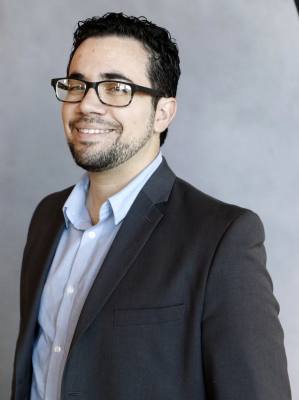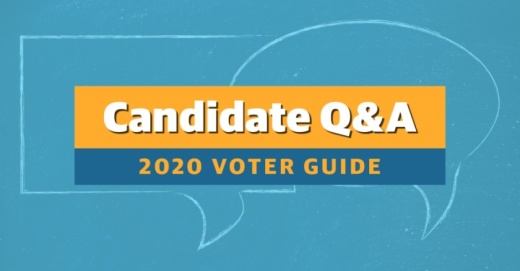AUSTIN ISD
BOARD OF TRUSTEES DISTRICT 3

Kevin Foster
Candidate bio: Foster is a father of two and an educational anthropologist and professor at The University of Texas at Austin. He said he has more than twenty years of experience working with middle school, high school, undergraduate and graduate students.
Contact: www.fosterforaustin.com
What are the biggest challenges facing District 3 right now, and how do those relate to what AISD faces as a whole?
KF: We have immediate and long-term challenges. Our first challenge is re-opening a safe on-site learning environment for our highest needs students. Near-to-long-term, we’ll have to address learning gaps between students who moved forward academically during the quarantine, and those for whom that was not the case. The next issues will be stabilizing then growing enrollment. Another huge issue will be continuing and growing and funding robust community responsive programming on each District 3 campus.
How would you grade the district’s COVID-19 response so far and what, if anything, would you have done differently if on the board?
FK: District staff have worked hard under tough circumstances, including poor leadership from the state. However, the Board decision to focus on a superintendent search meant that we lost valuable time for guided thought and planning. We lacked thought leadership and community engagement in this area exactly when we needed it most. I would have slowed down the superintendent search so that more thought and human resources could have been focused on Fall instruction and how that instruction could be best and most safely delivered.
Austin ISD voted to close four schools last fall as part of its school changes plan, with an assumption that another proposal for changes would be coming in 2020. How do you feel about the original plan, and what would you like to see going forward?
KF: The closures were conceived from outside impacted communities and imposed upon them. It was a classic example of those with more power imposing their will and then being upset that those pushed around weren't happy. Just as the 1928 City Council meant no ill-will and yet did irreparable harm, our Board meant no ill-will, but also did immeasurable harm. And as with the devastating 1971 closures of old Anderson and Kealing, some communities may never recover. If our District ever has to split in two (the Eastern Crescent and the West) this will have been the watershed moment.
The district opened an equity office last year. How would you like to see the office used going forward?
KF: The equity office should always be a key advisor at the deliberation table. The relationship between the equity office and district leadership should be tight and pivotal for decision-making. Big decisions should never be made without a full consideration of impacts, including a consideration from the equity lens that the equity office provides.
How can the district better retain its students as charter schools and other options continue to get established in AISD?
KF: Teacher, school and district engagement with students, families and community should be characterized by caring, listening, and responsiveness. We must be on the ground and in regular conversation with families so that they know us and know what our schools offer. In school, we must understand and be responsive to student and family concerns so that they feel heard and respected. Bringing students back after quarantine and growing from there is literally a door-by-door, neighborhood-by-neighborhood endeavor that must be built into how we do school.





